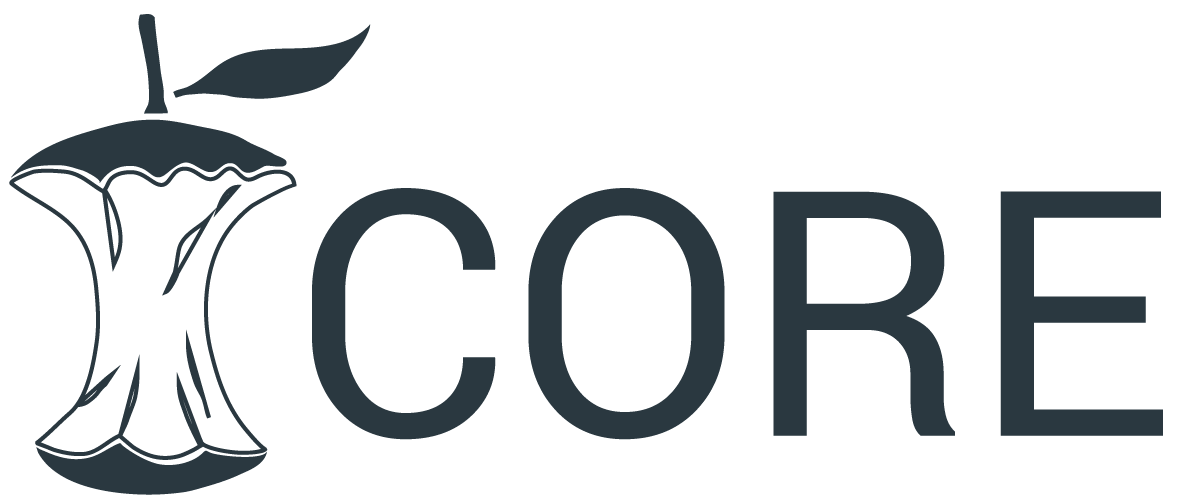
Archiving Policy
At The Human Occupation & Wellbeing Journal, we are committed to the long-term preservation, accessibility, and integrity of the scholarly content we publish. Our archiving policy ensures that all articles remain available and accessible to researchers, institutions, and the public, regardless of changes in journal operations or platform availability.
1. Digital Archiving
We use trusted digital repositories to archive all published content. The journal ensures that its content is archived in the following ways:
-
LOCKSS (Lots of Copies Keep Stuff Safe): HOWJ content is preserved through the LOCKSS system to guarantee decentralised and distributed archiving with open access.
-
Institutional Repositories: Authors are encouraged to deposit their final published articles in their institutional or subject-based repositories (Green Open Access).
2. Author Self-Archiving Policy
Authors are permitted and encouraged to:
-
Deposit pre-print (draft before peer review), post-print (accepted version), and publisher’s version/PDF in institutional repositories, personal websites, or other databases.
-
Cite the journal properly and include a DOI or link to the official version of the article on the journal website.
3. Metadata Preservation
Metadata for all articles (including title, authors, abstract, keywords, DOI, etc.) is preserved and made accessible via indexing services and archiving systems to ensure discoverability even if content changes or relocates.
4. Continued Access
In the unlikely event that the journal ceases publication, all archived content will remain accessible via digital repositories, ensuring the permanent availability of all previously published articles.
5. Third-Party Archiving
We support and allow archiving by indexing and abstracting services such as Google Scholar, ResearchGate, Academia.edu, and others in line with open access and copyright regulations.









